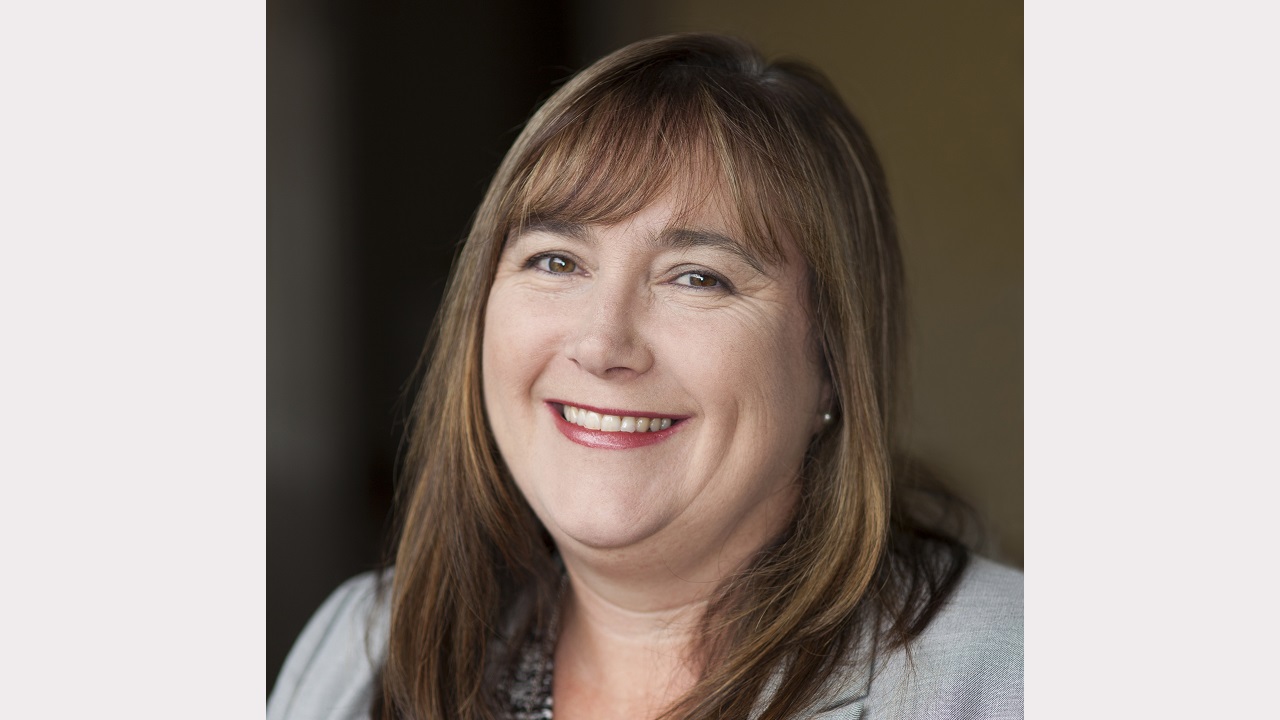Community palliative care nurse highlights value of mentors
Community palliative care nurse highlights value of mentors
by Heather Wiseman
Friday, November 27, 2015
As the care manager of a 120-bed aged care facility, Karin Woods, knows a great deal about palliative care. But when she was given the opportunity to have a specialist palliative care nurse mentor her staff for two weeks, she jumped at it. The experience proved so worthwhile, she wishes it was ongoing, and that a similar system could be set up to support aged care staff across the country.
Ms Woods works at Aurrum Healesville in Victoria’s Yarra Valley. Of 120 residents, about 80 have some degree of dementia. Thirty two with advanced dementia who are ambulant live in a memory support unit that specialises in dementia care.
Aurrum was one of the 14 aged care facilities visited by specialist palliative care nurse, Jeanette Liebelt, as part of an Eastern Palliative Care Association project. The project aimed to build aged care staff’s capacity to recognise clients with dementia who were predicted to die within 12 months, and ensure they received optimal palliative care.
“It has given staff more confidence, so they feel they can care for the resident who is dying more effectively."
Ms Liebelt worked with staff to help them recognise symptoms that could affect quality of life, including pain, dyspnoea and swallowing difficulties.
The project was prompted by Eastern Palliative Care (EPC) receiving a large proportion of referrals for people who were at the end of life, when earlier referrals would have been more appropriate. Ms Liebelt works for EPC, a community-based palliative care service that covers the eastern suburbs of Melbourne and is the largest provider of community based palliative care services in Victoria.
Ms Liebelt spent time in the home with staff, working with them to identify people who may have specific palliative care needs, including people who staff may not have recognised were dying. She ran education sessions on tailoring pain management strategies to individual residents’ needs, and the value of staff supporting residents to meet their spiritual needs.
Valuable too was modelling communication with families, explaining the need to plan for dementia being a terminal illness and the importance of advance care directives. Staff learned more about the natural progression of end-stage dementia and the importance of supporting families with a loved one who was dying.
Ms Woods said that her staff are all trained and experienced, but having Ms Liebelt’s input at critical times such as these offered valuable learning opportunities.
“You can take the knowledge from a book or a toolkit, but it isn’t the same as being there in the moment and dealing with a dying resident plus your own emotions,” said Ms Woods.
“I’ve had staff who have had residents who remind them of their grandparents and some who have never experienced death and dying before. When someone is actually passing away and you can experience it with someone like Jeanette, it is invaluable.
“It has given staff more confidence, so they feel they can care for the resident who is dying more effectively.
“Staff found spending time with Jeanette so valuable that other staff started saying ‘I want to learn more about palliation as well’ and we had to run more sessions with her.
“My recommendation would be to have someone of Jeanette’s quality to come out regularly as a support for all aged care staff and the families.”
Ms Liebelt supported Aurrum to harness a broader range of community support, such as social workers and nurse counsellors, for resident’s families. Ms Woods said an improved understanding of when to refer residents to specialist palliative care would also help to prevent unnecessarily hospital admissions.
“We don’t want the residents to go to hospital to die. We want them to be in their home with their family around them,” Ms Woods said.
“You only get one chance at dying well and the families only get one chance as well. We strive to give them the best experience possible.”
